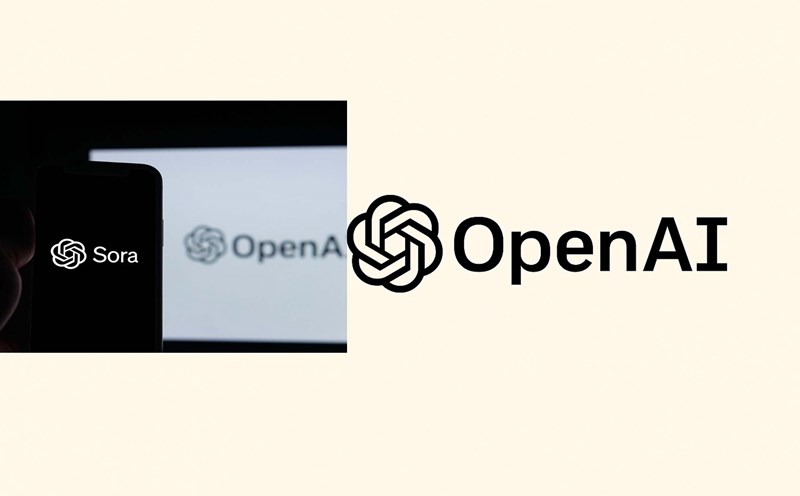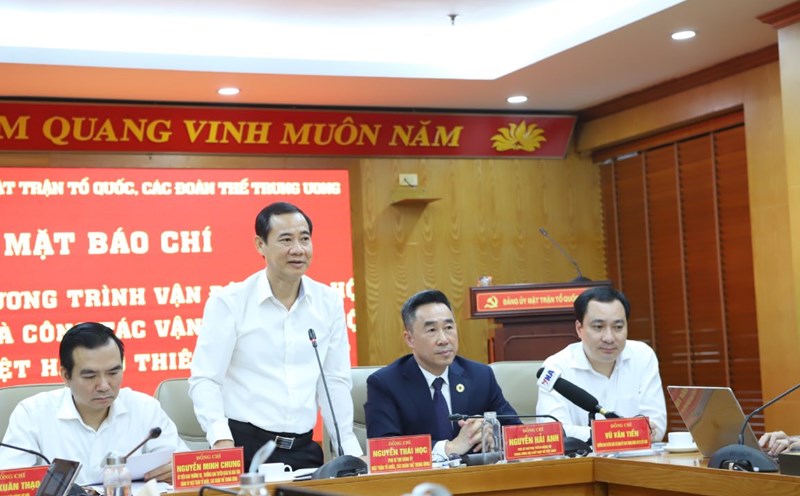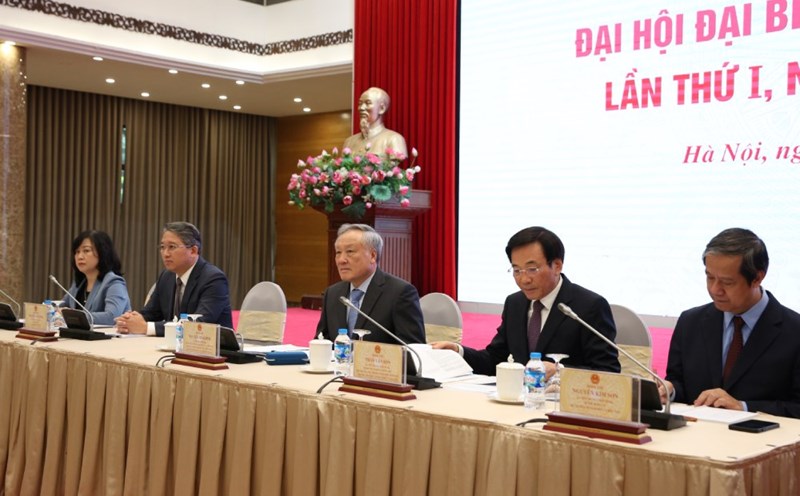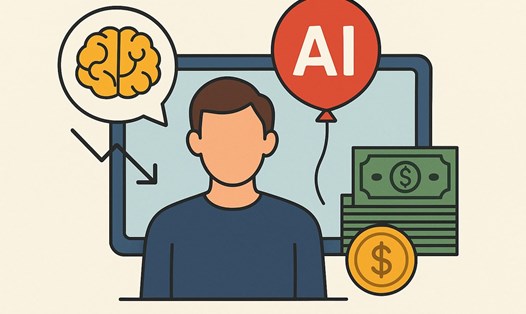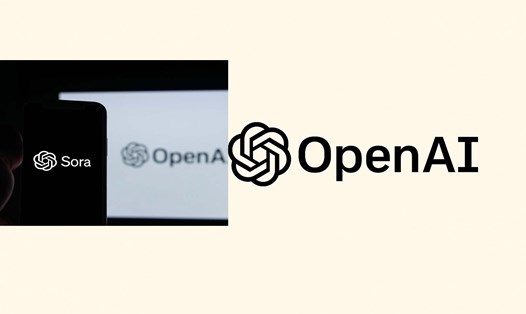OpenAI is stepping deeper into the field of e-commerce, announcing a series of new plans. The focus is on turning ChatGPT from a conversation tool into a super-app platform, where users can shop, book services and pay without leaving the chat window.
In the impressive demo, apps like Spotify or Figma can be activated and used directly in ChatGPT.
This painted a more vivid picture than ever of an AI-first internet, where users interact, request information and execute commands in the same interface.
But behind that convenience is a large-scale trade strategy. Just a week before the event, OpenAI launched Instant Checkout, an instant payment platform connected to popular systems such as Shopify, Etsy, Stripe.
Combined with partner applications that build their own interfaces in ChatGPT, the company owns almost all of the infrastructure for an AI-powered e-commerce ecosystem.
If successful, ChatGPT could become a digital shopping hub, where consumers shop, while retailers reach customers right in the chat.
OpenAI will not only compete with Google or Anthropic, but also with commercial giants such as Amazon and Walmart.
According to the waiting list of partners, ChatGPT will be able to call a taxi via Uber, book a trip on Expedia, hire a worker via Thumbtack or shop for groceries from instacart, DoorDash, Target...
With the ability to suggest products based on user data, OpenAI is entering a period where it can benefit from commercial cash flow, not just a registration fee of 20 USD/month.
Ben Thompson, a technology expert, called the model a commercial super synthesis and ChatGPT became the starting point for billions of transactions, taking users to retailers. This could be OpenAI's most profitable direction since launching its first chatbot tool.
However, OpenAI is not alone in the race. Adobe predicts that the year-end shopping season will see an explosion of AI-powered shopping, as consumers use chatbot instead of search engine to hunt for incentives.
Meanwhile, Mastercard called this a new competitive arena for the financial industry, while Google launched the AP2 protocol to test a similar automated shopping model.
When fully automated agency systems are introduced, the way we spend and the way businesses sell products may change completely.


